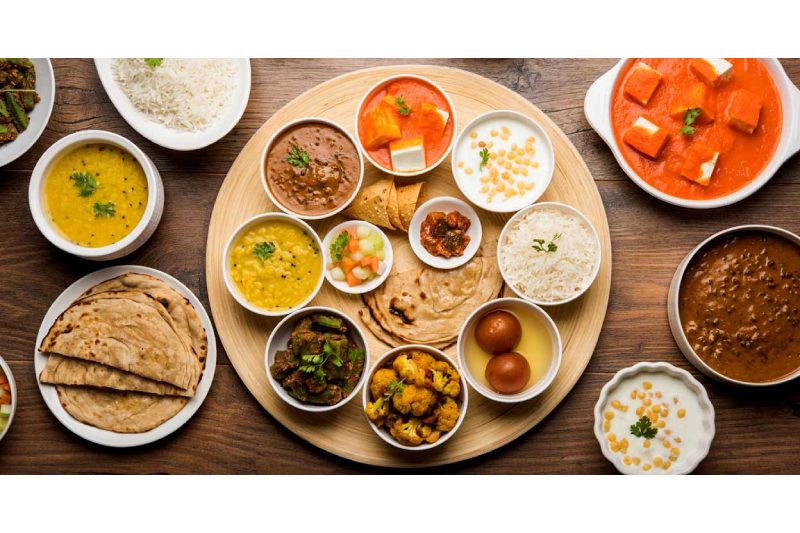In India, the prevalence of non-communicable diseases (NCDs) include chronic renal disease, type 2 diabetes, hypertension, and cardiovascular disease (CVD) is rising.
A study on the eating patterns of North Indian communities was carried out by researchers at The George Institute for Global Health India and the Postgraduate Institute of Medical Education and Research (PGIMER) in Chandigarh.
The study concentrated on the consumption of sodium, potassium, phosphorus, and protein, as these nutrients are linked to the emergence of non-communicable diseases (NCDs) such as chronic renal disease, hypertension, and cardiovascular disease, hence exacerbating health issues in the nation.
The study, which was published in the journal Frontiers in Nutrition, included more than 400 adult participants, including those with early-stage chronic kidney disease (CKD) and healthy people.
To measure nutrient consumption, the researchers used a 24-hour urine excretion analysis, which is thought to be more accurate than dietary recall since it is less prone to errors in memory or quantity estimation.
Meticulous precautions were taken to guarantee the analytical reliability of urine samples.
A number of alarming tendencies were identified by the analysis: excessive salt intake that exceeded suggested limits, insufficient potassium intake (both of which increase the risk of hypertension, cardiovascular disease, and chronic renal disease), and protein consumption that fell short of the necessary guidelines.
Males consumed more nutrients than females did.
According to World Health Organization (WHO) guidelines, a daily meal should have at least 3.50 g of potassium and 2 grams of sodium (or 5 g of salt).
The recommended dietary allowance (RDA) for phosphorus and protein for healthy individuals is 700 mg/day and 0.80 mg/kg/day, respectively, according to the Institute of Medicine (The National Academy of Medicine).
The study’s principal investigator, Professor Vivekanand Jha, an expert in kidney health and Executive Director of The George Institute for Global Health, India, stated, “A poor nutritious diet is a major risk element for non-communicable diseases (NCDs), which are of considerable public health concern.”
He emphasized the necessity of focused interventions at the individual and social levels, particularly in light of excessive salt and insufficient potassium consumption.
The results of the study indicated how important it is to comprehend the dietary intake of different nutrients for managing and avoiding NCDs, especially in a country with such a diversified culinary landscape as India.
The urgency of food policy improvements, individual counseling, and public awareness campaigns is emphasized.
“We need to take action to fix imbalances in nutrients and encourage people to eat more healthily by increasing diversity,” stated Professor Vivekanand Jha.
According to the authors, “The study shows higher-than-recommended salt and lower-than-recommended potassium intake in the north Indian population compared to those recommended by guidelines. The dietary protein intake is below the recommended dietary allowance. These findings help the development of targeted policies for dietary modification to reduce the risk of the development and progression of CKD.”
Researchers propose a variety of ways to address the hazards associated with NCDs, such as improving the information on food labels, lowering the salt content of processed foods, and promoting the consumption of fruits and vegetables high in potassium.
In an effort to promote a healthier future for North Indian communities, this study is a proactive step.
